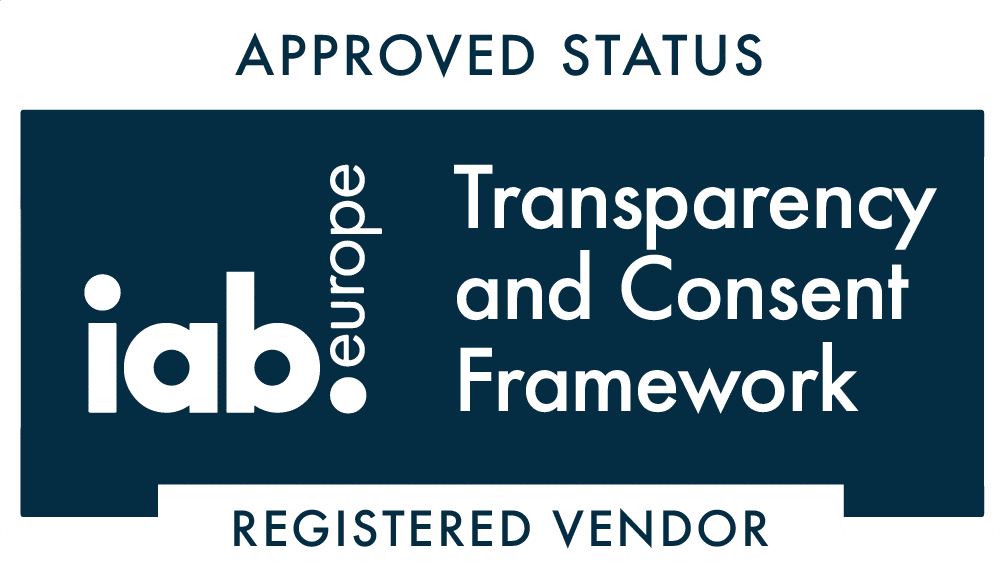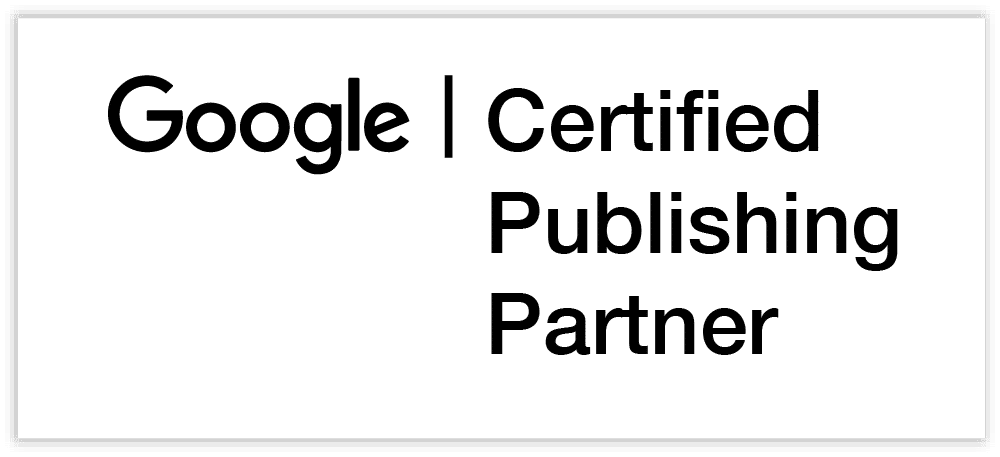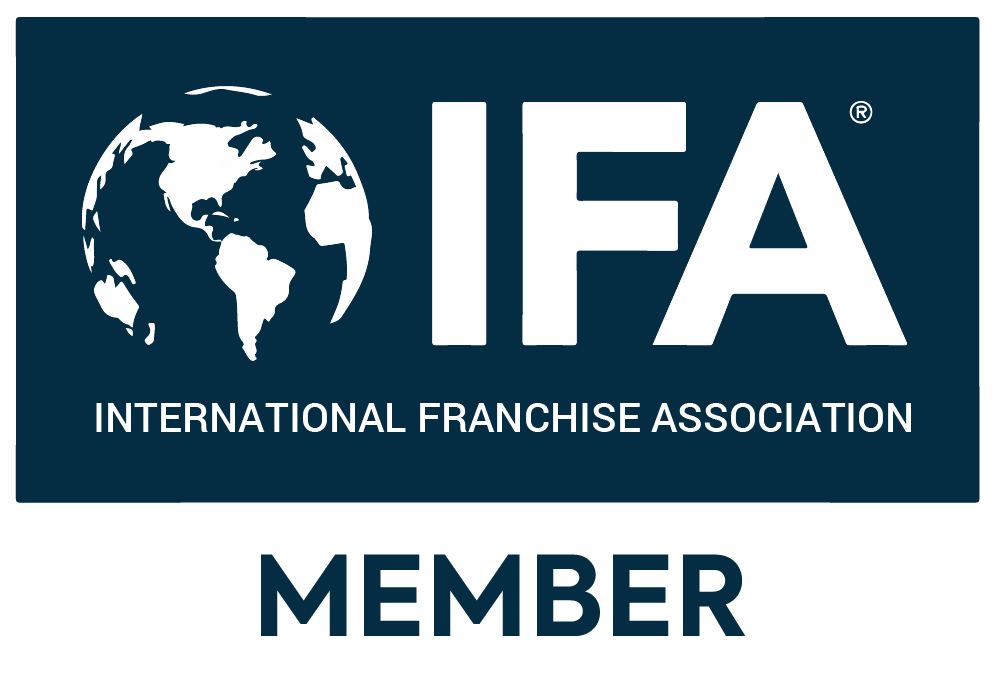The last few years has seen Facebook become the favourite playground for ad arbitrage, and it seems that Facebook have had enough. On May 10th Facebook announced that they had begun rolling out changes that will devalue posts that link to “low quality web page experiences”. The statement came in a press release that framed quality as being very closely related to ad monetization; something that will be of interest to many web publishers.
What is ad arbitrage, and why is it frowned on?
Ad arbitrage is the process of buying cheap clicks to ad monetised sites to make a margin between buy and sell price. It isn’t easy to get right, but can result in fast, significant revenues when it is. One of the main problems with ad arbitrage is that it can lead to very aggressively monetized sites that care little for user experience.
What sort of pages will be devalued?
Facebook say that they reviewed hundreds of thousands of links pages that had been linked from Facebook to identify those that “contain little substantive content and have a large number of disruptive, shocking or malicious ads”. These pages were given to their Artificial Intelligence system to find factors that are more common in those low-quality pages than would be expected in a more representative example.
This means that we don’t know what criteria will be used other than to say that pages that are like bad ones are likely to be affected. Based on their description we could assume that low content levels, malware, overly aggressive ad placement and inclusion low-quality ad networks are likely to be triggers, but the actual factors will be more complex.
What will the effect of devaluing be?
Pages identified as being low-quality in this manner will appear lower in people’s Facebook feeds. Some sources have suggested that this will only affect paid placements, not Facebook organic traffic, but the release seems to contradict that idea. We expect it to impact both.
Facebook have also said that some pages may not be eligible for paid promotion. This would seem to offer the opportunity to better understand the criteria that is being applied.
Why is Facebook cracking down on this?
On the face of it this might seem like a bad move for Facebook. Many of those clicks are paid, so removing those means fewer add-dollars for Facebook. There are several possible answers to this and every pundit will have their favourite. The truth is probably a combination of a few of these points.
User experience: Facebook feeds can get overrun with links to low quality sites. This doesn’t encourage users to spend more time on Facebook.
Fake news: Facebook is under a lot of pressure to deal with fake news. Sensational fake news is a favourite tactic for arbitrage as the viral lift leads to cheap traffic.
To keep users in the Facebook walled garden: Facebook isn’t that keen on links at all. Even with opening links in the in-app browser, they would rather keep users where they are earning money for Facebook not in the “wild” of the open web.
To hurt Google (and others): Facebook are, amongst other things, an ad network. Removing revenue from other ad networks improves their position.
To pave the way for their own content recommendation ads: This seems like an idea born from under a tin-foil hat, but there has long been talk of Facebook launching their own paid content-recommendation ads. This latest announcement seems particularly focused on the “eye-popping” content recommendation ads that we all know, so this might not be as out-there as it sounds.
What can publishers do?
Publishers who rely on Facebook traffic will be understandably concerned by such an announcement. Those running aggressive arbitrage may well soon be reeling from a “double-punch” with Google also seemingly starting to enforce their “no more ads than content” rules. But publishers taking a more balanced approach are likely to have concerns too.
The update is apparently being rolled out gradually. This might make changes harder to spot, but also gives publishers time to adapt if they need to. We advise keeping a close eye on post reach and potentially testing less aggressively monetized posts as a comparison if you believe you might be at risk.
OKO offer publishers support with testing, accurate measurement and sustainable website monetization and more. Find out more about how working with OKO might benefit you.

